AI technology for legal business functions has a significant potential to help lawyers focus on higher value-adding tasks. As a result, the legal AI software market is expected to quadruple in the next five years. Although there are some challenges to overcome, like biased forecasts and keeping track of changing regulations, there are numerous manual tasks in legal departments to automate. AI can be successfully applied to those use cases for time savings and cost reductions.
We observe increasing popularity in legal AI, according to Google Trends. While the level of interest was around 25% before 2016, we see that it has risen to 60% in the last two years. We witness a similar trend in the legal AI market. A 2019 Markets&Markets research shows that the legal AI software market will grow from $0.3 billion in 2019 to $1.2 billion by 2024 at a Compound Annual Growth Rate (CAGR) of 31% during the forecast period. Considering the market growth of AI solutions for legal processes, we expect this increase to continue for a few more years.

What are the main challenges of legal AI?
Before we get started, we wanted to make sure we called out some of the possible issues or challenges with AI in the legal profession. AI is not perfect, as it is created by data scientists, developers and engineers, who themselves may make mistakes.
We can provide two critical challenges of AI for legal business functions:
AI can give biased predictions
AI might give biased results while forecasting court outcomes. While computing forecasts, AI bots can take irrelevant characteristics into account and provide inaccurate predictions to legal departments. This might cause companies to calculate the riskiness of their cases wrong and encounter unexpected situations.
AI might not be able to follow up changing regulations
Regulations change continuously, and AI bots need to stay up to date for legal use cases. An outdated legal AI solution can make inaccurate predictions and lead companies into wrong conclusions. As new regulations are passed every day, and existing ones change, it is a challenge to follow these regulations for legal AI tools.

Document automation
Legal document automation can provide significant time savings (around 70%) and prevent errors. With AI, companies can generate different types of legal documents for their clients instantly and proofread them to avoid any mistakes. These documents can include business contracts, non-disclosure agreements, wills, and trusts. You can learn more about legal document automation in our related article. For more about document automation in general, here is our in-depth guide.
Contract Review
Creating business contracts is a time-consuming process where both side’s lawyers need to manually review, edit, and exchange drafts numerous times. Gartner shares that in-house legal departments spend half of their time reviewing contracts. As it is uncertain when both sides agree on a particular contract, this process might cause delays in other related tasks.
AI can accelerate contract review processes by leveraging natural language processing (NLP) technologies, analyze them, and define the problematic parts. As manual contract review processes are prone to errors, AI can fix spelling mistakes and optimize content to provide shorter but more effective contracts.
Litigation Prediction
AI can evaluate the riskiness of cases and predict court outcomes. As this assessment can help companies plan their litigation strategies, AI can determine the riskiness of cases and predict court outcomes. This assessment can provide fast-track settlement negotiations and minimize the number of cases that need actually go to trial. Apogee, our suite of NLP tools’ legal module can predict case outcomes with 90% accuracy.
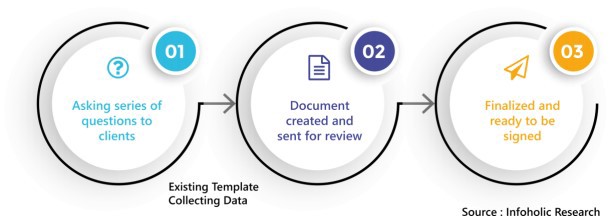
Legal Analytics
Large companies will have lots of outstanding contracts, with different counter-parties, across numerous divisions. Thus, it is challenging to be aware of all the details and commitments of the company. By using AI to analyze existing agreements, legal firms and departments can achieve valuable insights that would provide different teams to improve their processes:
- Sales: Companies can track when contracts are up for renewal and capitalize on revenue with upsell opportunities.
- Procurement: Companies can be aware of the details of existing agreements and renegotiate with clients when necessary.
- Compliance: Companies can easily monitor if they follow regulatory procedures.
- Finance: Companies are always ready for cases like mergers and acquisitions (M&A) and due diligence.
Legal Research
Legal research is a manual process where mostly junior firm associates and young lawyers spend them to conduct research for different cases and understand them accurately. AI can:
- scan through laws and regulations
- provide different legal opinions for cases
- inform legal departments with similar cases
This use case started to be more popular between legal companies, as Forbes shares that over 4,500 US law firms subscribe to Casetext for AI-driven legal research purposes today.
Intellectual Property
Companies that have multiple brands to promote online need to monitor 30+ digital platforms to protect their trademarks. AI can handle tasks related to businesses’ intellectual property like invention disclosures, docketing, filing applications, valuing your IP portfolio, and budgeting. According to IBM, using AI can half the total time spent by lawyers for analyzing trademark search results.
Electronic Discovery
In legal departments, electronic discovery can account for as much as 70% of the cost of any legal action or lawsuit. AI can support businesses in electronic discovery processes to prevent them from unexpected issues. For that, AI can process high volumes of data, create relationships with different information assets, and provide legal departments with insights to protect themselves. This will enable faster electronic discovery processes and reduce legal review costs.
Electronic Billing
Managing legal expenditure is one of the automatable tasks that the majority of companies handle manually through spreadsheets. With AI, companies can reduce paper costs, decrease human-made errors, and achieve more accurate insights about their legal spending.
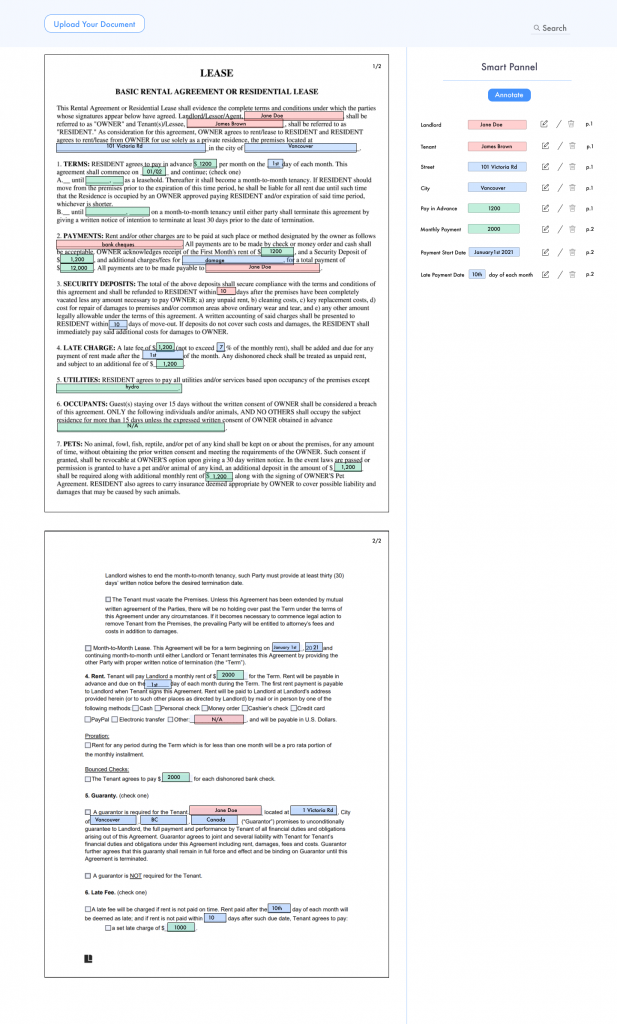
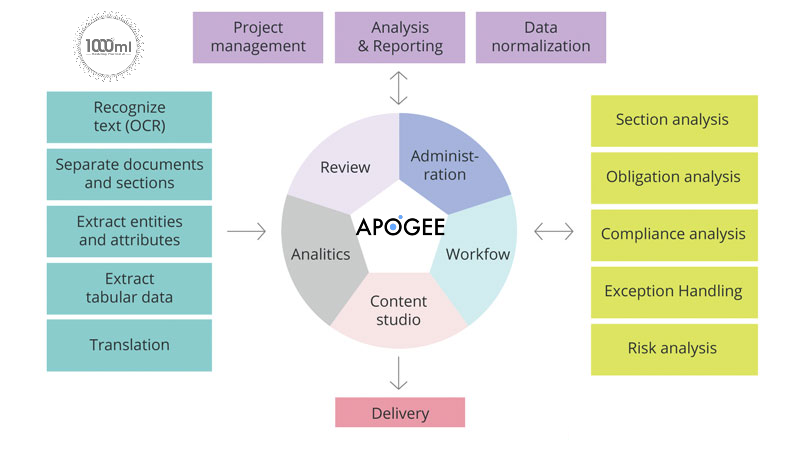
Summing it up
Machine learning, deep learning and other artificial intelligence techniques can be daunting to implement and potentially cost-prohibitive, depending on the experts and solutions you employ. The best first step to approaching this tech is defining the pain point you are trying to solve using AI. Then, using this information, build incremental experimentation to be aware of the progress and challenges alongside. Businesses and firms don’t have to integrate AI into every single area of the organization. Leaders should evaluate and consider if an opportunity exists in their nonprofit for innovative tech like AI.
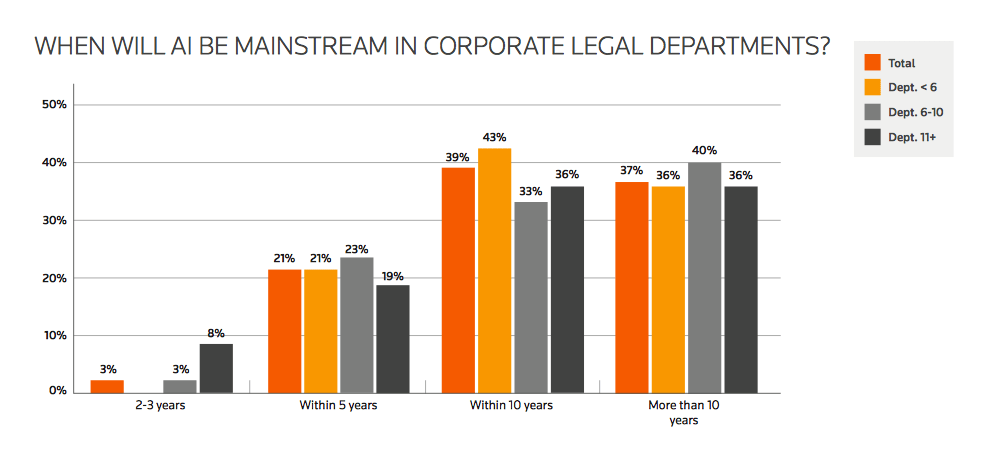
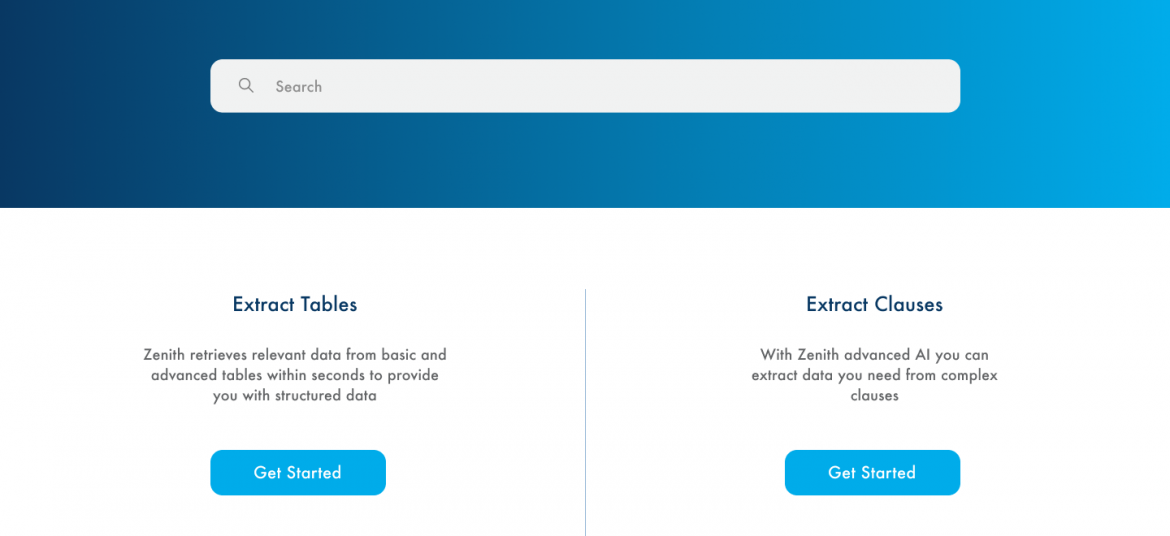
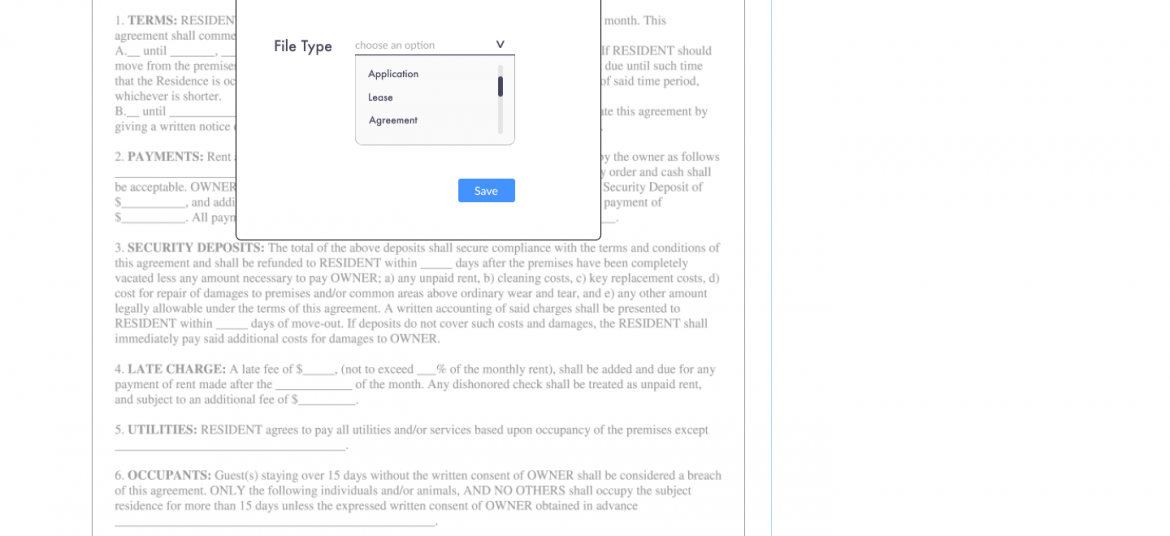
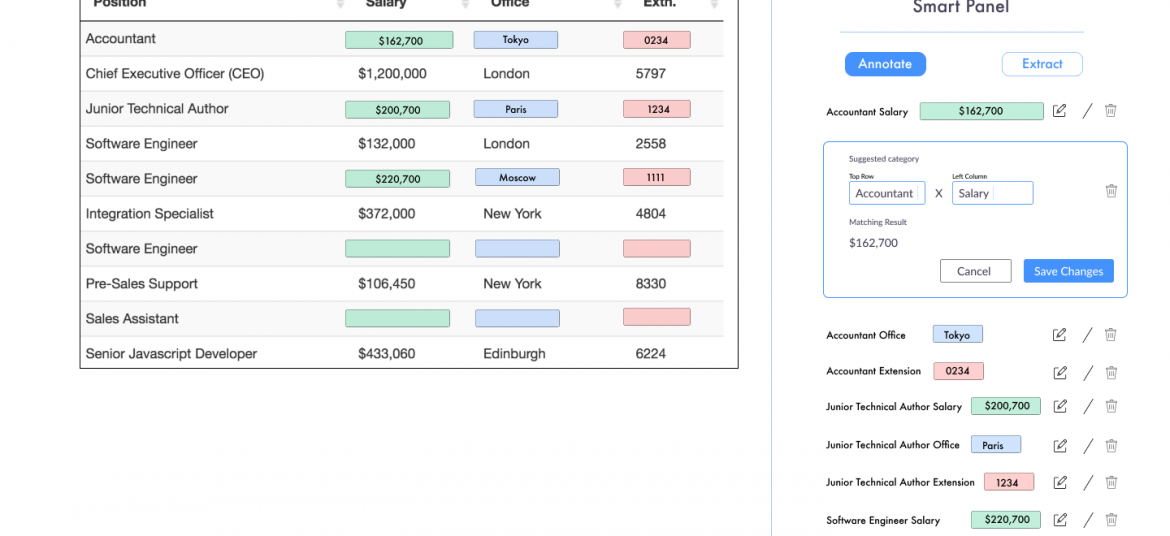
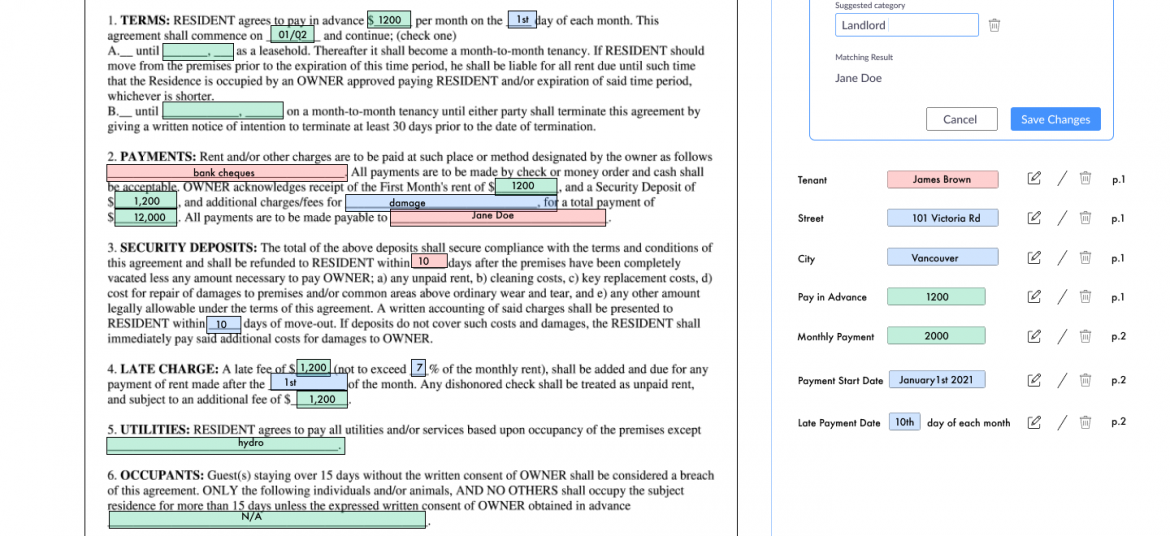
Apogee Suite of NLP and AI tools made by 1000ml has helped Small and Medium Businesses in several industries, large Enterprises and Government Ministries gain an understanding of the Intelligence that exists within their documents, contracts, and generally, any content.
Our toolset – Apogee, Zenith and Mensa work together to allow for:
- Any document, contract and/or content ingested and understood
- Document (Type) Classification
- Content Summarization
- Metadata (or text) Extraction
- Table (and embedded text) Extraction
- Conversational AI (chatbot)
Search, Javascript SDK and API
- Document Intelligence
- Intelligent Document Processing
- ERP NLP Data Augmentation
- Judicial Case Prediction Engine
- Digital Navigation AI
- No-configuration FAQ Bots
- and many more
Check out our next webinar dates below to find out how 1000ml’s tool works with your organization’s systems to create opportunities for Robotic Process Automation (RPA) and automatic, self-learning data pipelines.
